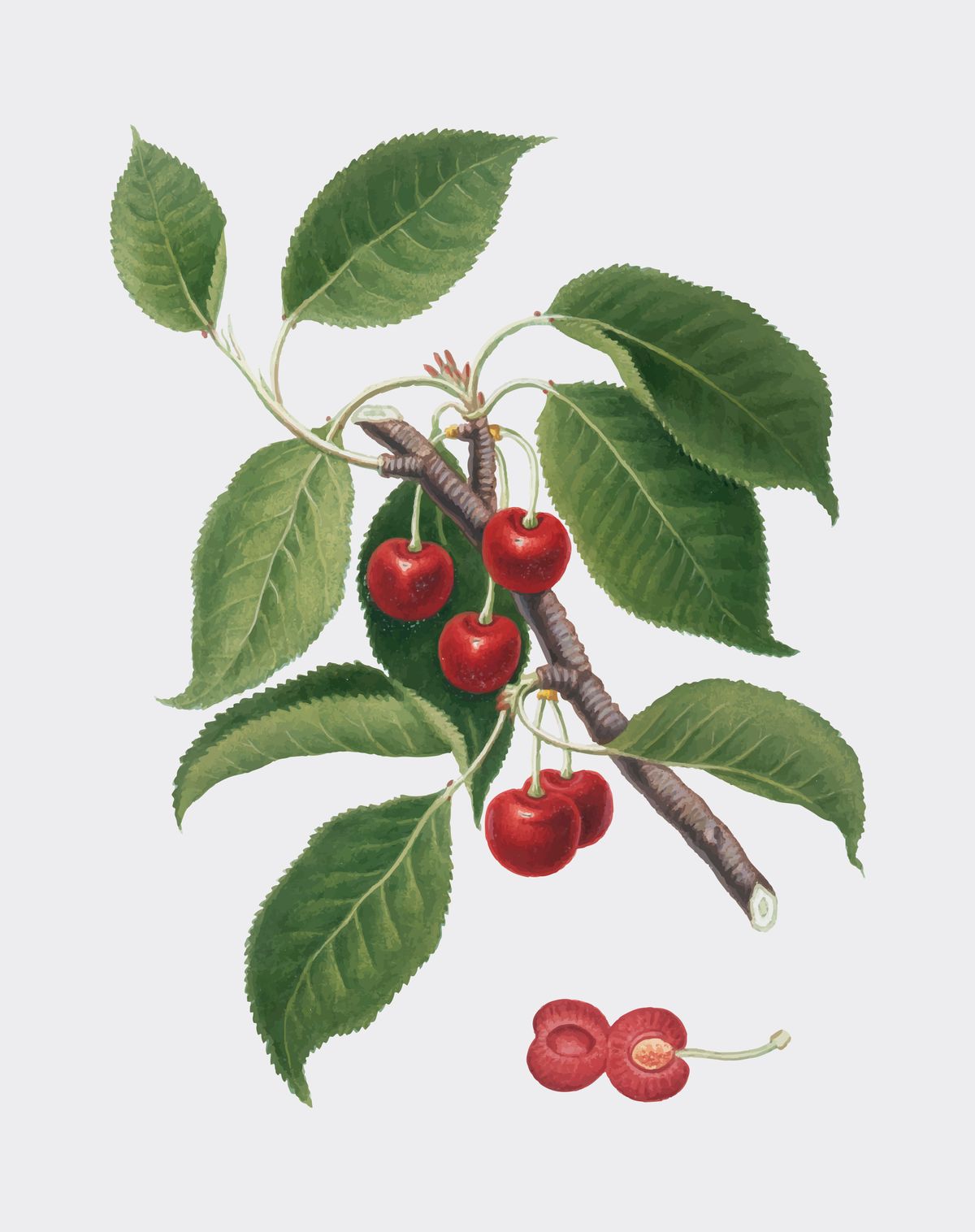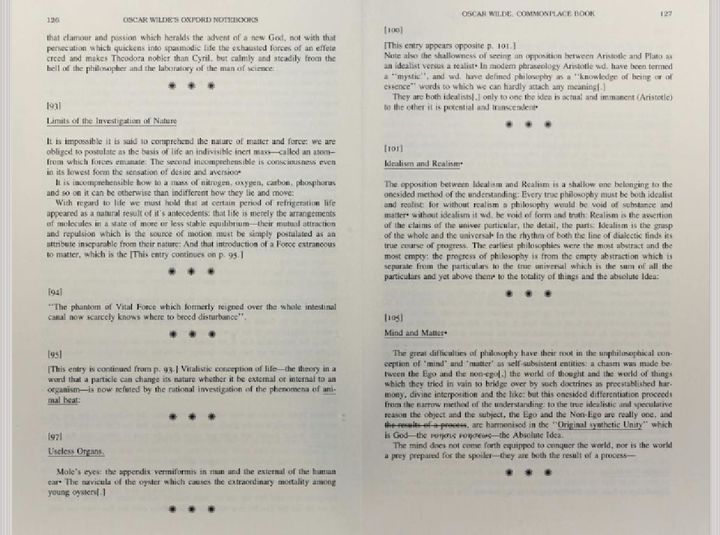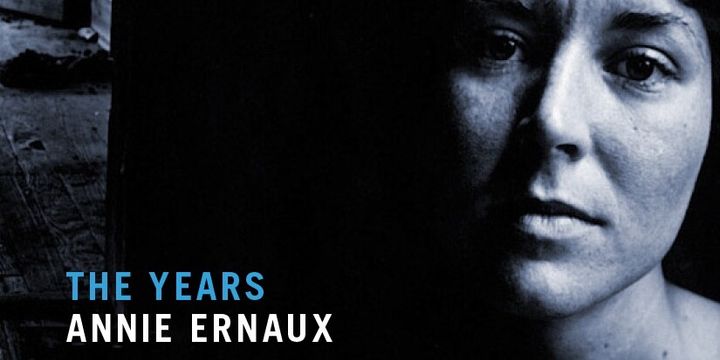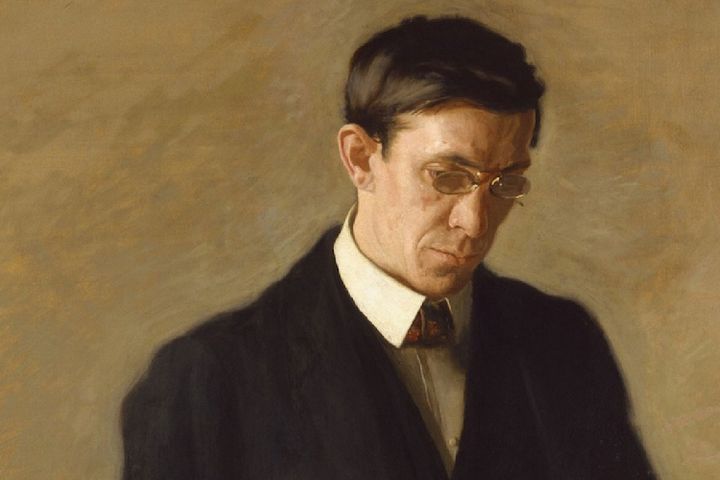Modernity and Where to Live in Chekhov's The Cherry Orchard

In, 1876, when Chekhov was 15 years old, his family had to sell their possessions in the country-side and move to Moscow. Later, Chekhov himself also moved to Moscow to attend university. In 1904, the year of his death, Chekhov wrote his last play, The Cherry Orchard, which is about a Russian landlord's return from Paris to her countryside estate only to be confronted by her debts and the possible sale of her well-loved cherry orchard. The play presents her unwillingness to accept the high cost of modernity which leaves her stranded somewhere between two different places and two times. Chekhov's insightful response to modernity is in many ways speaks to our time.
The play opens in the landlord Ranevskaya's ancestral estate. Lopakhin and Dunyasha are waiting for Ranevskaya to arrive from Paris which is where she has been living for the last 5 years. Ranevskaya’s immense joy for finally returning to her childhood home gets interrupted when Lopakhin mentions that Dunyasha’s cherry orchard will be auctioned to pay off her debts. Lopakhin, a rich merchant whose father was a peasant and grandfather a serf, is a business-minded man who comes up with the plan of selling the cherry orchard to vacationers to build summer houses. Considering the construction of the new railway, he imagines that the number of vacationers will increase. He predicts that by dividing her estate into summer houses, not only can she pay off her debt but she can also make a regular profit. While this seems like the only feasible way of paying their debt, the idea of selling the Cherry Orchard to vacationers is so incomprehensible to Ranevskaya and her brother Gaev that they instead think about inheriting a fortune from someone, marrying their daughter to a rich man, and asking for money from Gaev’s rich sister as more reasonable ways of paying off her debt. Part of why Chekhov was insistent on calling The Cherry Orchard a comedy, despite the obviously tragic plot, is probably Lopakhin’s utter astonishment in the face of these aristocrats’ being ridiculously naive when it comes to business.
The stark difference between the attitude of Ranevskaya and Lopakhin towards the cherry orchard is at the heart of the play. For Ranevskaya and Gaev, the orchard represents their history, their place in society, even their honor while for Lopakhin, it only has monetary value. The Lady asserts that the cherry orchard is the “one thing in the whole province that’s interesting, even remarkable.” Against this, Lopakhin frankly says that “the only remarkable thing about this orchard is that it’s very big.” Lopakhin values the orchard only as a material thing among other things as opposed to Ranevskaya and Gaev who load the orchard with meaning.
I would describe the play as a brief and bleak return to the past, a destabilizing experience of wavering between being “home” and being away. Ranevskaya repetitively rejoices that she is home again. In reality, her return home rather manifests in the play as a final attempt at trying to find shelter in the past which is no longer there. She imagines the orchard as the embodiment of the good old days and the pride of the Russian gentry, refusing to admit that those things are in irreversible decline. Thus, the struggle for finding a place to live continues for Ranevskaya.
While Ranevskaya wavers between the pastoral past and the present, we get a glimpse of her life in Paris in Anya’s, her daughter’s, speech delivered in tears: “We arrive in Paris. It’s cold there, snowy. My French is awful. Mama lives on the fifth floor, I go in, there are some French people there, ladies, an old padre with a book, cigarette smoke, cheerless. I suddenly felt so sorry for mama, so sorry, I took her head in my arms, pressed it to me, and couldn’t let go. After that mama just kept hugging me and crying…” Disregarding the vitality, diversity, and movement of Paris, her short and blunt sentences reduce Ranevskaya’s life there to nothing more than a crowded apartment floor, Completely unsatisfied with this new way of life, Ranevskaya leaves her life abroad in the hopes of finding happiness back home only to encounter the possible sale of their orchard, Lopakhin’s endless calculations, the change and destruction which is inseparable from modernity, all of which disorient her even more.
In Marshall Berman’s All That is Solid Melts into Air, a renowned book that examines the social and economic modernization and the responses to it, Berman vividly describes modernity, referring to Marx’s Communist Manifesto: “... in the first part of the Manifesto, Marx lays out the polarities that will shape and animate the culture of modernism in the century to come: the theme of insatiable desires and drives, permanent revolution, infinite development, perpetual creation and renewal in every sphere of life; and its radical antithesis, the theme of nihilism, insatiable destruction, the shattering and swallowing up of life, the heart of darkness, the horror.” So, in the creation and development promised by modernity also lies inseparable destruction. The machine called the train which allows Ranevskaya to travel to and return from Paris, the mobility, limitless opportunities, and culture provided by the city and the money they need for paying their debts all have unbelievable costs. That’s why Berman also describes modernity by referring to Faust, who sells his soul to a demon in return for knowledge and pleasure. The benefits of industrialization and technology come with a cost, but even more importantly, modernity aggressively absorbs every entity around it and one doesn’t have a chance to not take part in this trade which Ranevskata cannot comprehend. She and Gaev hopelessly try to find yet another way of paying off their debts, but they fail to realize at that time that the orchard was destined to be cut the day that the railway was built and one way or another, they would be prompted to do it.
Today, we encounter destruction on a global scale which shouldn’t have been too hard to predict considering the all-encompassing destruction caused by industrialization. There doesn’t seem to be an end or a limit to what large corporations can do as long as they have the financial resources to continue this depletion. And more than older generations who want to protect their past, it is the young who are taking the streets fighting for their future. Because it is no longer only the culture and the traditional ways of living that are threatened, but our future. Since the problem is a global one, the cost of industrialization is also tremendous. Most of us are maybe overwhelmed by the largeness of the problem, and we have the right to be because the source of the problem essentially lies in a complex network between over-population, exploitation, corporates, etc. created by our current economic model. However, it’s hard to think of another solution than individuals finally starting to take the environmental issues seriously and changing their individual lifestyles. Only through this social awareness that we can achieve the social and economic transformation that can possibly stop the disasters awaiting future generations. We can actually see how the protest of the youth accomplishes to create awareness in individuals while also beginning to keep corporations and governments accountable.
Despite the endless discussions and speculations about modernity and its beginnings, we are yet to reach a definite description of it. Baudelaire’s description, “the ephemeral, the fleeting, the contingent,” very insightfully confesses the difficulty of grasping the concept. When we consider Chekhov’s play as a response to modernity, doesn’t the difficult concept become much more familiar and graspable? The arrival of the train, the destruction of the cherry orchard, and the Lady and Gaev’s inattentiveness to the moment they live in every way possible as though they have gotten stuck somewhere in the past are more than enough to define the concept. In more general terms, modernity also seems like a struggle to find a place to live, whether it be a struggle to protect the places of the past as Ranevskaya does or a struggle to keep our world a habitable place in the 21st century. In mere lies and small instances, good literature can reveal glimpses of truth that can speak for not just the past but for all times.


